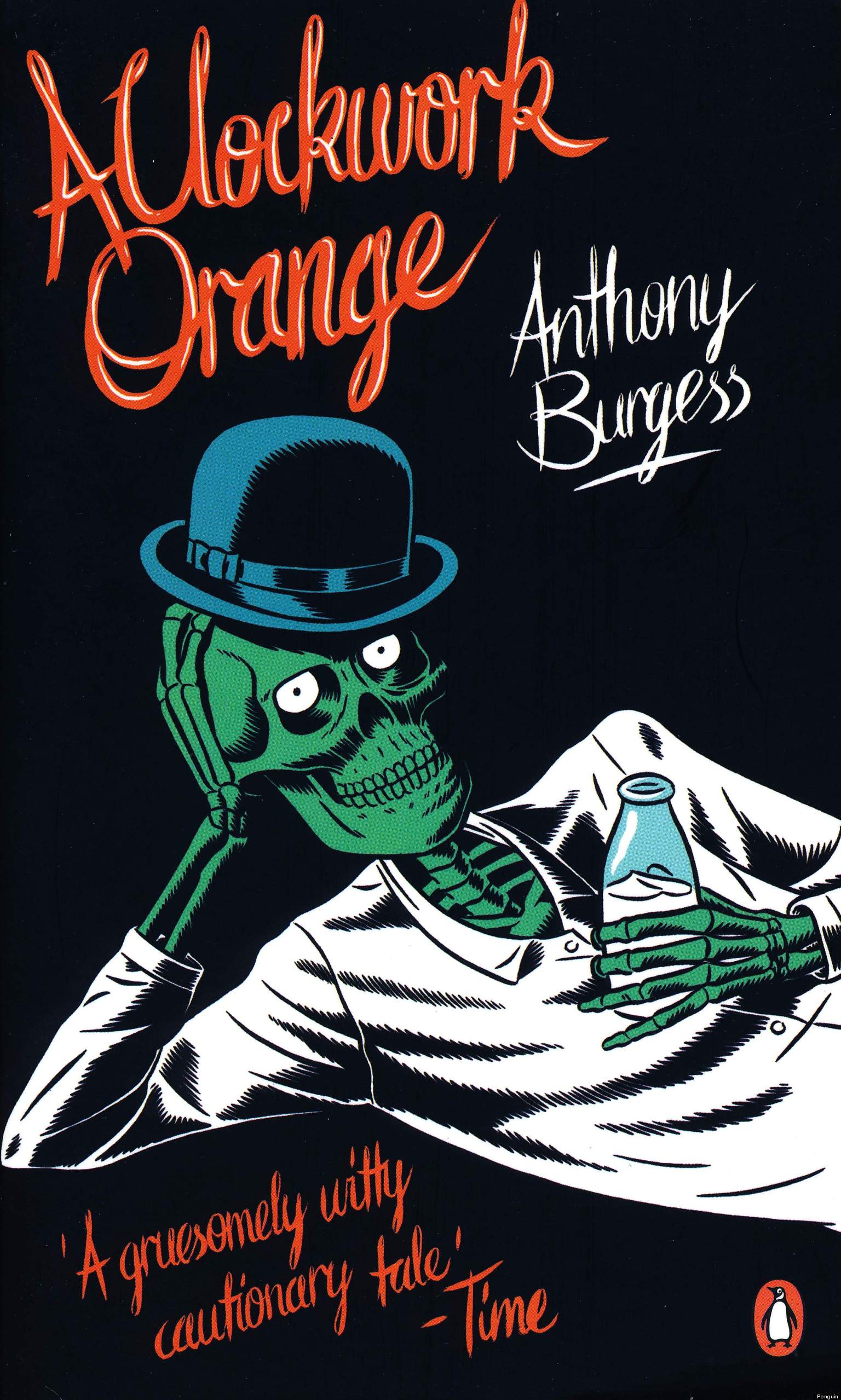A Clockwork Orange // Anthony Burgess

Anthony Burgess was able to make me feel sympathy for a rapist and a murderer – a fact that I still find hard to fathom today. The book focuses on the fact that free will is one of the biggest attributes of being human and so the State is ultimately evil for trying to mould and shape us into civil beings. Burgess states that without making the choice personally to become a good person, it is wrong to force somebody to be so and will undermine their human capabilities.
The value of evil in the novel was also an eye-opening one. Burgess used the protagonist Alex to demonstrate how without evil, “good” in the world cannot be fully appreciated. I was especially in awe of the language ‘Nadsat’ that Burgess created, which admittedly made reading the novel tiresome at times, but no doubt added a chaos of flair.
From Alex being enthralled with Beethoven, tortured by his love of violence and being replaced in his family, A Clockwork Orange is a brutal novel that highlights the theme of youth rebellion in the face of the government’s ideals. Something as organic and born from nature as an orange can be made to work like clockwork, ridding it of life’s natural sweetness.
Words by Lydia Ibrahim